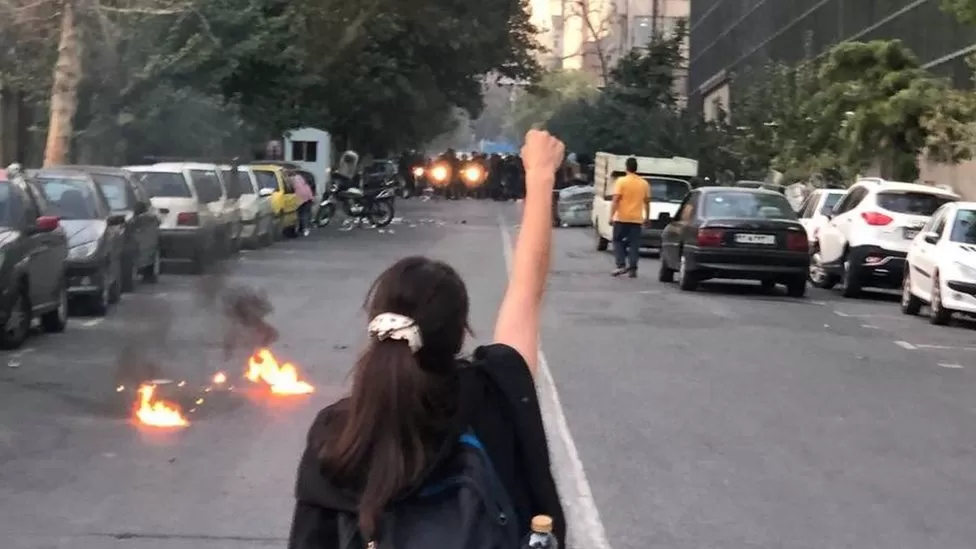Set the scene: you’re bored in class, and decide to check out your social media feed beneath the desk. You come across a particularly ignorant post, with which you’re particularly annoyed. You open a draft, start replying, commenting, retweeting…
Hold up.
Before you sharpen your pitchfork and crack your knuckles to type out a withering response, consider the following: how would you feel on the receiving end?
It’s elementary school level advice for an elementary school level issue: the call-out culture that has reared its ugly head in social media communities worldwide is little more than bullying presented on a new platform.
This new platform, however, is precisely what makes call-out culture so toxic. No longer is name calling limited to the confines of the school yard, where you know exactly who heard what by recess the next day. With social media in the palms of our hands, these insults are permanently available to be viewed by the masses.
As defined by Asam Ahmad, calling out refers to, “…the tendency among progressives, radicals, activists, and community organizers to publicly name instances or patterns of oppressive behavior and language use by others.” The issue with this is not so much the content being critiqued, as, “…the nature and performance of the call-out itself,” according to Ahmad.
This “performance” aspect is also questionable. It seems that the allure of call-out culture lies largely in the novelty of being a social justice warrior or vigilante of some sort, acting the part of the hero.
Post-election, political turmoil has been out the wazoo. Liberals and conservatives alike have been blindsided by the Trump administration’s actions, and many have felt the need to take action into their own hands.
Where better to start than correcting the Trump-supporting-sort-of-friend-kind-of-classmate wasting space on your dashboard?
Though they may seem perfectly harmless, these small “corrections” can take a turn for the worse when they become more about attacking the individual than critiquing the ideology.
A word of advice uttered by many a humanities teacher is this: “Debate ideas, not people.” It rings true no matter the setting, but especially in the case of call-outs.
Cheap shots targeting individuals hurt the feelings and ruin the reputations of all parties involved, haunting the victim and discrediting the perpetrator. While many call-outs or “drags” are entertaining in the moment, few combat the social issues they intend to.
The problem with call-out and drag based social media campaigns is truly one of follow through. Though the intentions of these social justice warriors are admirable, their messages of love and acceptance often get lost along the way, making the SJW clan out to be as exclusive as those it fights against.
There is always room to challenge ideas, which is what this culture draws from, but never at the expense of the individual.
The messages of enlightenment these call-outs are inspired by must stay in order for societal growth to occur, but for the same reasons, these new trends of exclusion must come to an end.




Comments are closed.